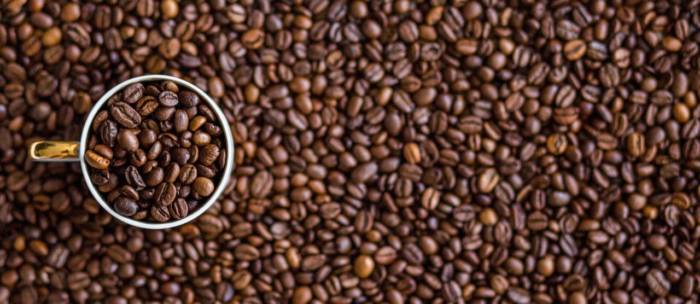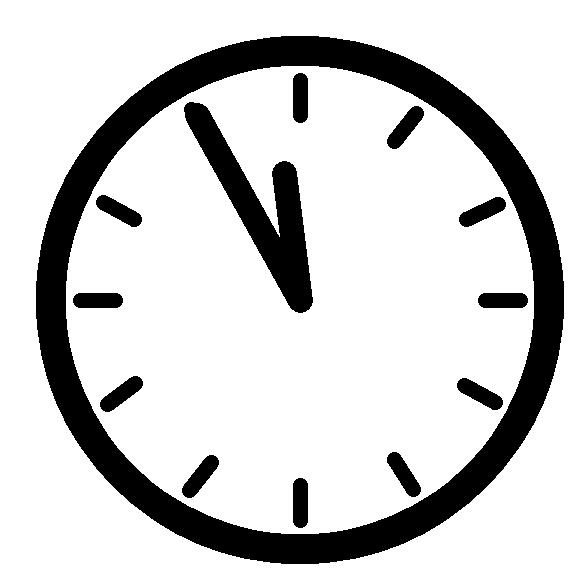Start using Kanbanchi today
Start your free trial

If you’re paying attention, at all, you’ve noticed that coffee is getting REALLY geeky. Coffee aficionados and professionals alike are talking about brew ratios, brew times, water temperature, and grind size. Not to mention the variety of brewing gear on the market; burr grinders versus blade grinders, V60s versus the Aeropress versus a Chemex, and we haven’t even started in on the beans! It used to be Arabica and Robusta, but now you have people talking about cultivar and terroir like they’re describing fine wines. Any good piece of science has some experimentation behind it, here are our favorite stories about science and coffee.

It’s not surprising that with all the science being put into the production of a single cup (including the thousands of hours that happen between the farmer and the time it reaches the consumer) that a few scientists starting asking the question “When is the best time to have a cup?”. According to some research, if you’re looking to coffee as a boost to your daily productivity and focus, you need to pay attention to your circadian rhythm. For your average Joe (pun intended) who wakes up between 6 and 8 a.m. to maximize the value of your favorite brown beverage, you should wait and fire up your brewer from 9:30 to 11:30 a.m. and again from 1:30 to 5:00 p.m.
Within these ranges everyone is a bit different, if you want to play on the same levels as the coffee pros, start tracking the impact it has on your mood and productivity. Countless tools are out there you can use anything from project management software, like Kanbanchi, to note taking apps, and you’ll have a great record of your results and be on the path to undisputable timing for your morning and afternoon cup.
Do you suffer from ADHD? Maybe you’re just old enough that they didn’t actually diagnose it, they just said you were “antsy” or “lacked discipline”. Research is starting to mount that appropriate dosing of caffeine can have a calming effect on individuals suffering from this attention related disorder. In the same way that most pharmaceutical treatments of the ailment are actually stimulants, like caffeine, therefore it makes sense that coffee could have the same impact.
Here’s a great study that talks about the potential positive link.
The brave souls at one digital agency, embarked on an experiment to see how the teams felt and produced in a coffee-free environment versus a coffee rich environment. The company removed coffee from the office for a week (however allowed the team to continue to consume other forms of caffeine) and then allowed consumption the following week. The results showed that perceptions around productivity, motivation, concentration, performance, and mood all rose when there was coffee around the office.
The fun thing about this study is that the impact is not even about caffeine, it’s about coffee!
Why test the resolve of your team? Isn’t it better to give them what they want and a lot of it? Well, if you’re the scientific type and want to run an interesting experiment, try a devious blind test by swapping out the regular beans for decaffeinated and not telling anyone or even better alternate day by day and ask for feedback on how the team feels and whether they think it’s decaf or regular. Give it a week or two and see how the team reacts! You can even use Kanbanchi to enable individuals to comment on how they’re feeling, if they think the coffee is decaf or regular, and share the results publicly so the entire team can contribute and follow along. If you do decide to go down this path, share the results with us and don’t say we didn’t warn you.
Related article: Coffee, fueling team creativity, productivity, and happiness